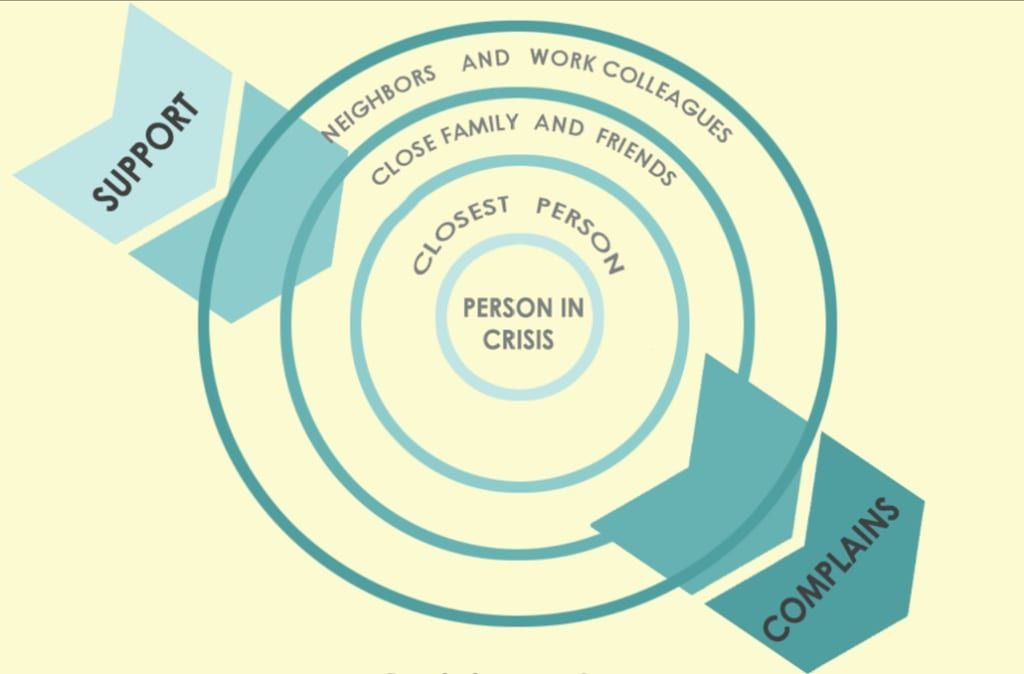Support
Helpful links to support you or a loved one through their treatment and recovery.
Helpful Links
For additional support and resources, we've compiled a list of trusted external websites covering various aspects of gynecological health, surgery recovery, and patient care. Click the links below to access expert advice, support groups, and helpful information tailored to your needs
Support in, dump out.
This concept is that the person with cancer is in the centre of a set of circles. In this theory, you support into the centre of the circle. Hold your complaints, fears and concerns when you are with people closer to the centre than you. These responses are completely normal and appropriate. Save them for people further from the centre of the circle to you.
Comfort in, dump out
A better explanation of this ring theory is here.



